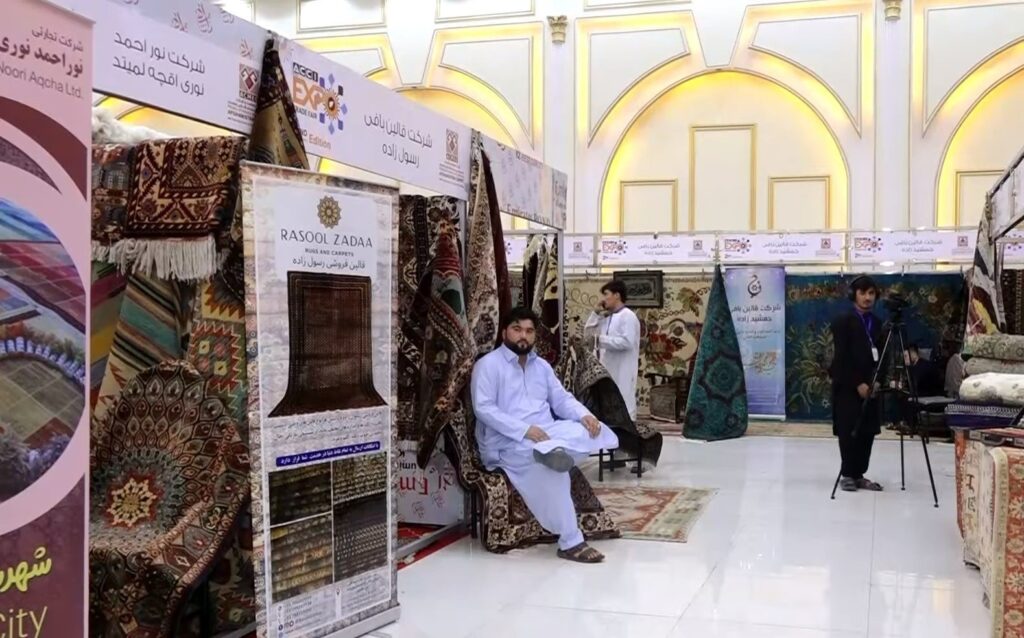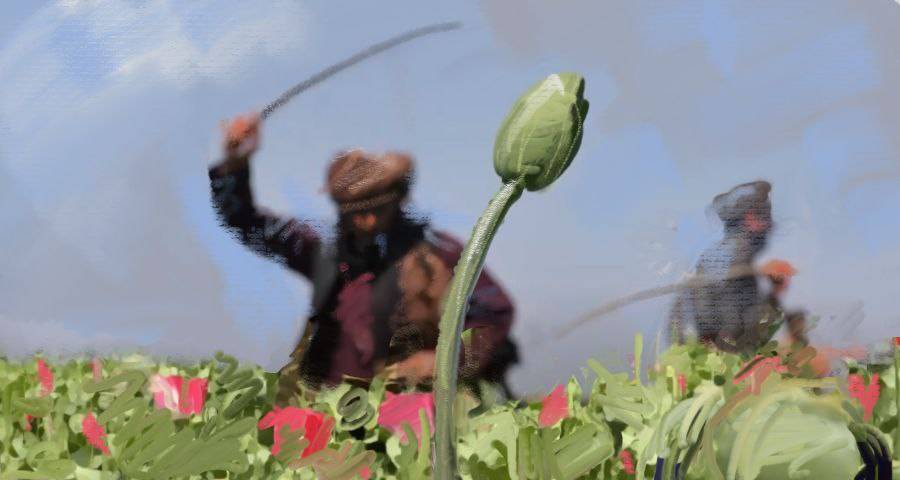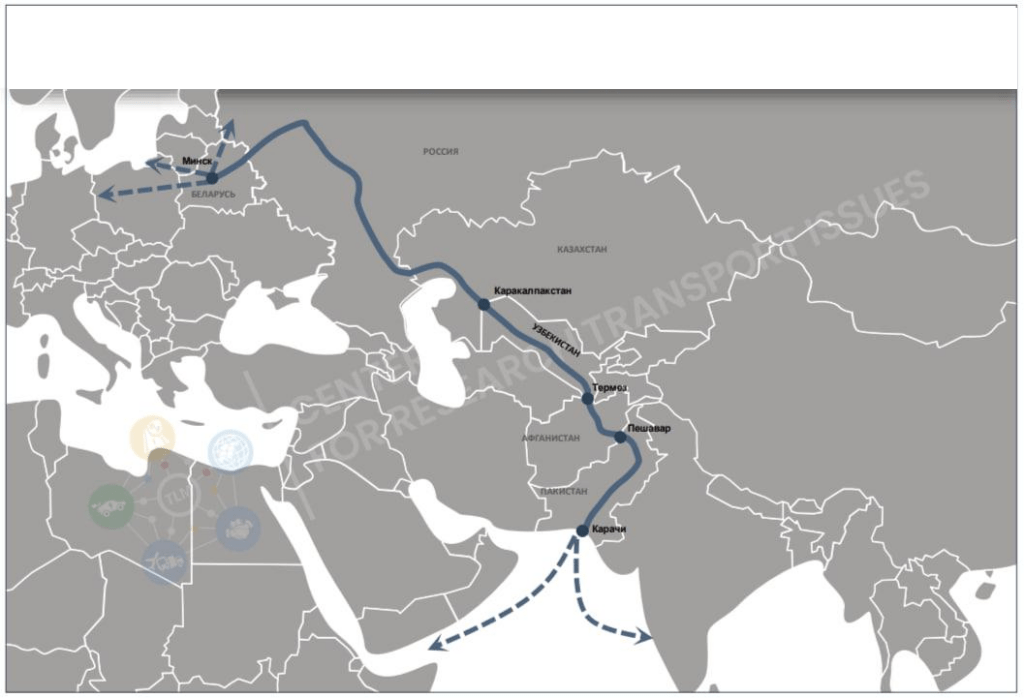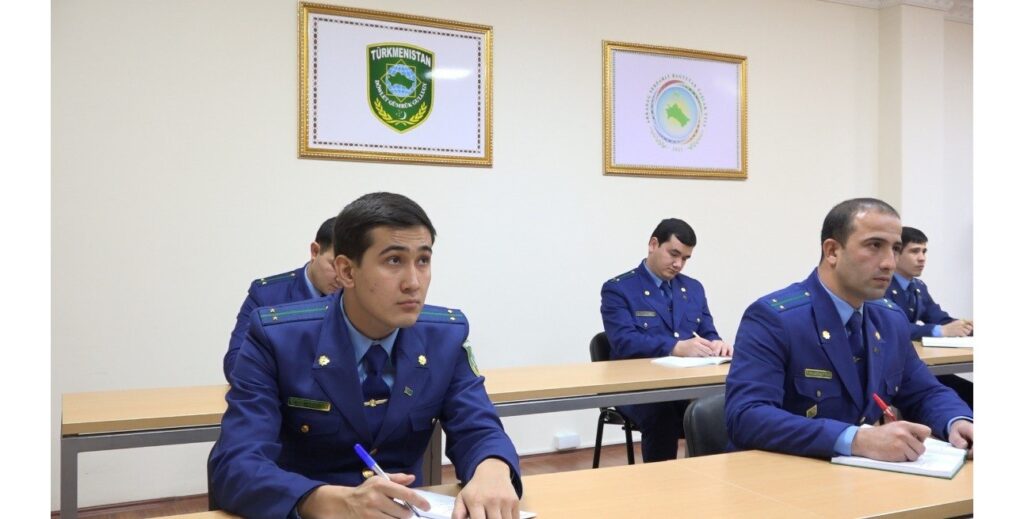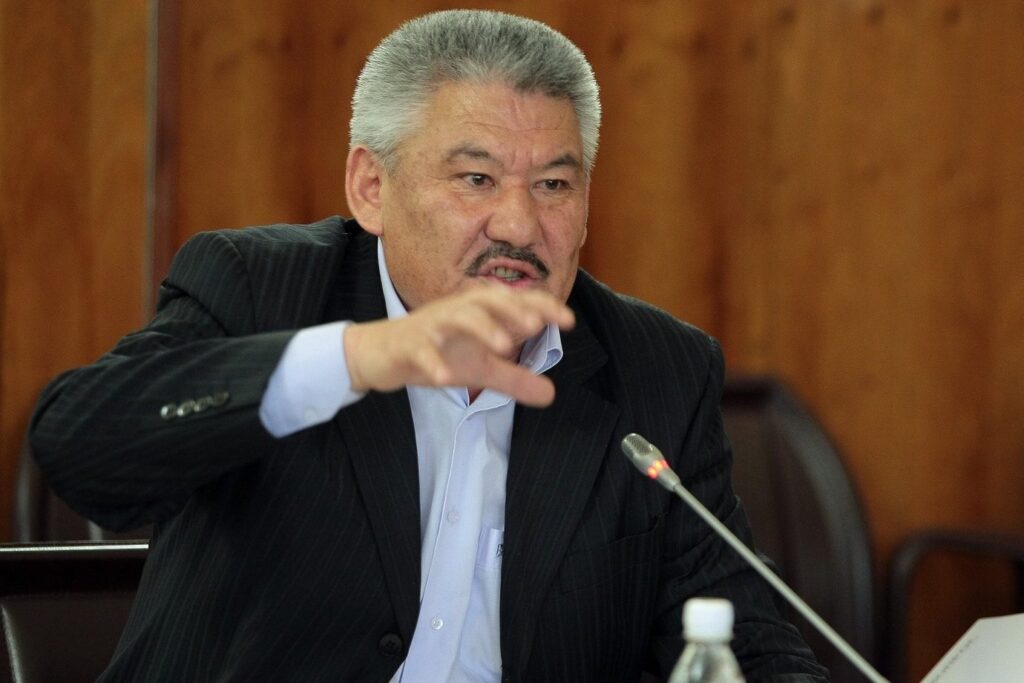KABUL (TCA) — Continued focus and effort are essential for building on the progress made in implementing Afghanistan’s anti-corruption strategy, according to a new United Nations report released on May 20, Afghan broadcaster TOLOnews reported.
“Fighting corruption remains a truly fundamental necessity in Afghanistan,” said Tadamichi Yamamoto, the UN Secretary-General’s Special Representative for Afghanistan. “The United Nations welcomes the progress Afghanistan has made, but all Afghan institutions, along with every segment of society, must persevere in their efforts to advance integrity, accountability and transparency in the country.”
UNAMA’s third anti-corruption report, titled ‘Afghanistan’s Fight against Corruption: Groundwork for Peace and Prosperity,’ reviews the progress Afghanistan has made in anti-corruption reform and provides analysis and recommendations to support Afghanistan’s institutions in combatting corruption to improve the lives of all citizens who must grapple with this challenging issue each day.
The report describes how corruption continues to affect all aspects of life in Afghanistan, eroding public trust and confidence in government institutions and hindering efforts to bring lasting peace and prosperity to the country.
“Corruption undermines rule of law and opens the door to more crime, creating a vicious cycle that fosters a culture of impunity,” said the UN envoy, who is also head of UNAMA. “Even more importantly, corruption puts at risk prospects for peace, as a negotiated settlement for Afghanistan’s future must be based on integrity and justice.”
The report makes several recommendations, recognizing that the government’s ongoing anti-corruption efforts have yet to impact the lives of most Afghans, and concludes that, notwithstanding the many legal and policy reforms that have been undertaken, corruption remains a substantial obstacle to Afghanistan’s long-term peace and prosperity.
A key recommendation in the report is for Afghanistan to develop a long-term strategy to build on the gains of past reform efforts and leverage the growing public will to fight corruption.
“The United Nations appreciates the government trying to set up many institutional reform measures this year and last, and we encourage pursuing further reform,” said Yamamoto. “The upcoming elections are a test case for implementing lessons learned.”

